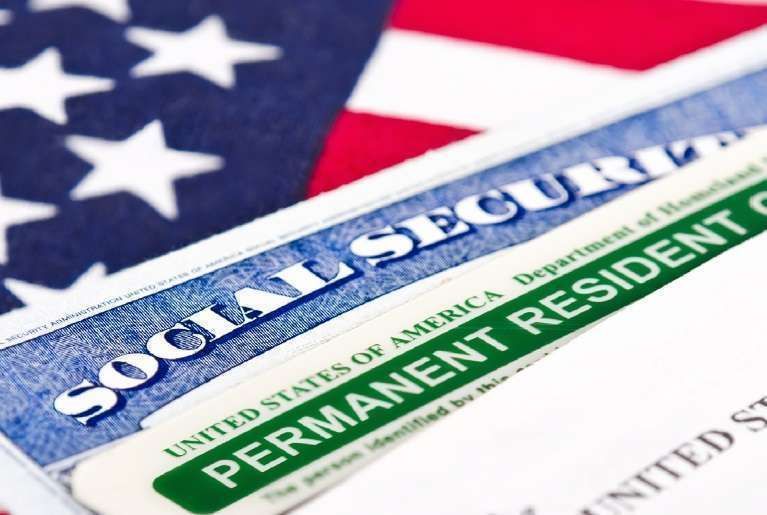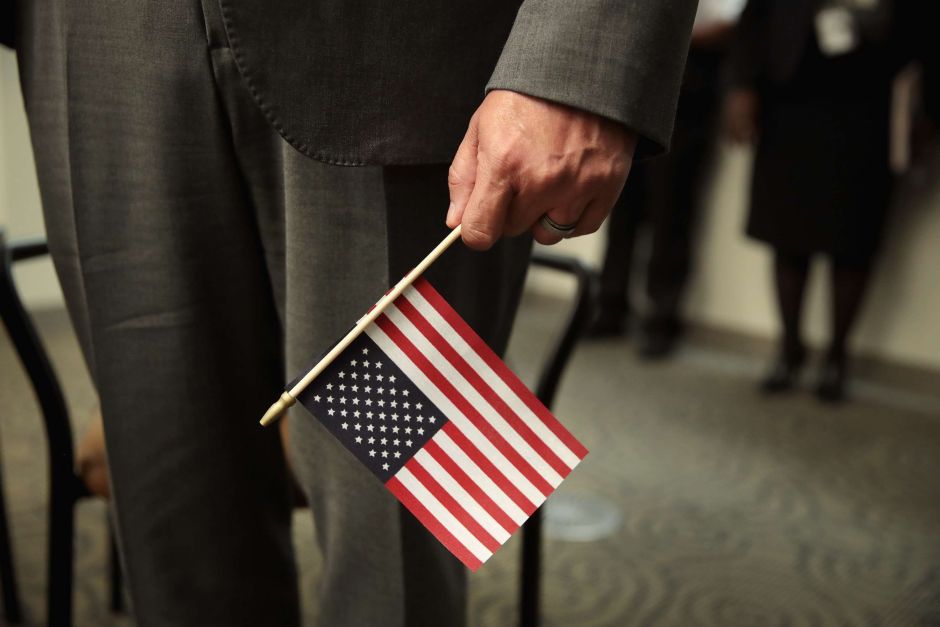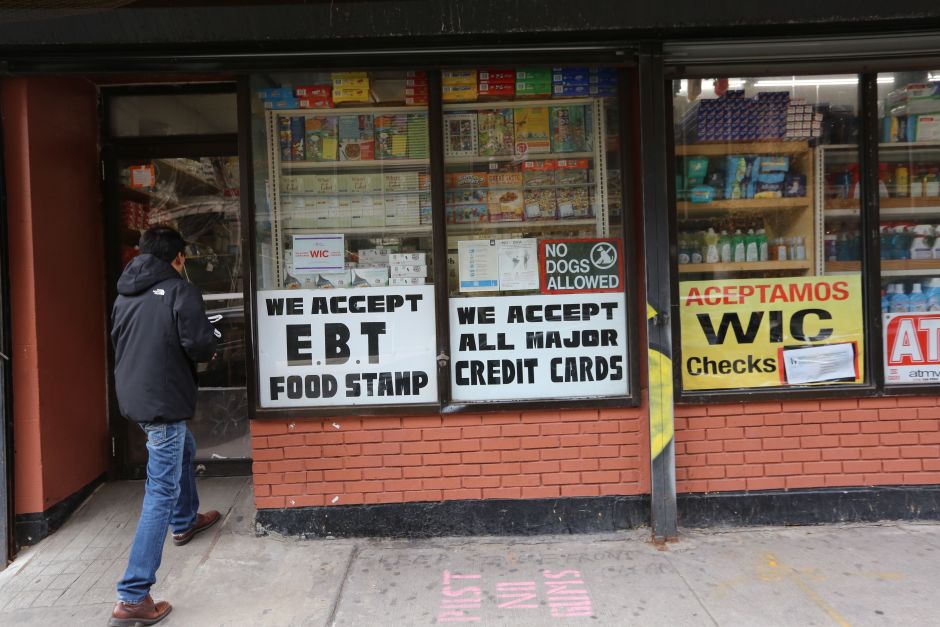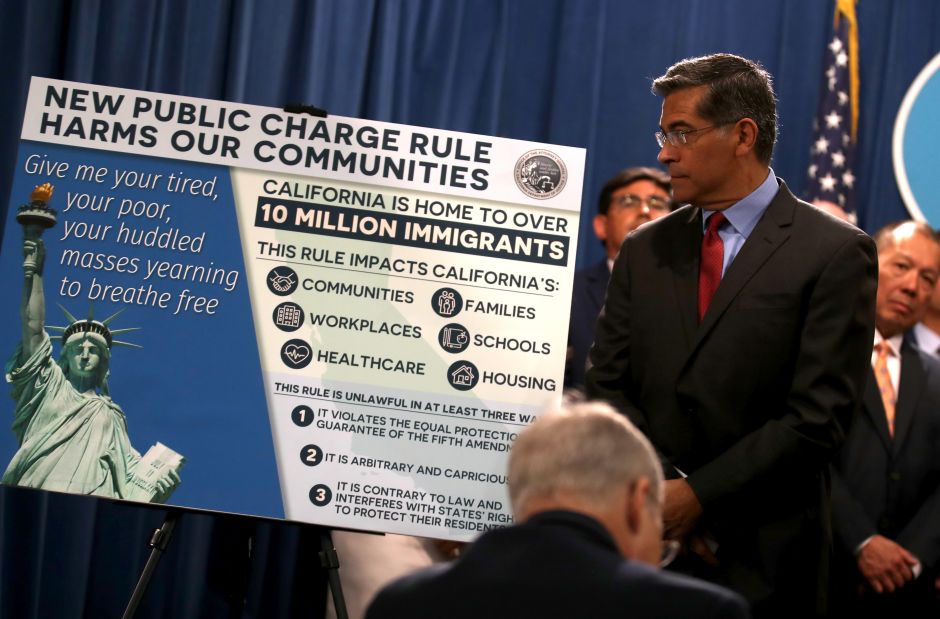Activists and officials believe it will have a devastating effect on the community.
The decision of the Supreme Court of the United States so that the rule of the public charge that forces to reject the residence to those who receive public benefits, enters into force even though it is not yet resolved in federal courts, raised a wave of comments against in Los Angeles and California.
The magistrates of the highest court voted 5 against 4 to lift the brake imposed in October by the courts in New York, California and Washington that prevented the implementation of this new rule. Immigrant advocates believe that the determination of the court will have a strong impact on the families of low-income immigrants.
“The impact of the Supreme Court decision on the public charge will be devastating. Because of this failure, families are starving and avoiding medical care.”Said the governor of California, Gavin Newsom.
He hoped the state would review the decision to determine the next steps to follow, and provide assistance to affected Californians. "California will continue to fight against those efforts to terrorize immigrant families," he said.
And recommended to those who are concerned to seek qualified immigration advice.
Governor Newsom's 2020-21 state budget proposal includes $ 75 million for nonprofits that provide a variety of qualified migration services.

Confusion and stress
The president of the Coalition for the Rights of Immigrants (CHIRLA), Angélica Salas, said that denying legal status to immigrant families and children seeking basic assistance such as food and emergency medical care, is cruel and unnecessary; and advances the clear goal of the extreme, xenophobic, and white patriotism agenda of the Trump administration to keep immigrants out.
"Because this issue continues to be fought in the courts, the court ruling creates confusion and stress in families and children seeking basic services."Salas said.
The United States is strong when families are healthy, he continued. "By forcing immigrants to choose between their basic needs such as food and housing, and a path to citizenship, another line is crossed."
Salas considered Trump's public charge rule "will make our communities and nation more sick, hungry and poorer."
He added that the Trump administration's great plan to make the nation's migration system based on merit and an exclusive club, is moving forward.
"It represents an attack on immigrant families, including children born in the United States," said the defender of immigrants.

Disappointed legislators
San Diego Assemblywoman Lorena Gonzalez, leader of the Latino bench in the California legislature revealed that they feel disappointed that the administration continues to rewrite the rules of the American Dream, allowing access only to the rich and powerful.
"This policy is anti-American and with little vision for the future," said Gonzalez, who stressed that this draconian change in politics will undermine the collective health and welfare of the nation by pushing millions of families and children throughout the country, Out of critical programs and services.
Legal advice
Alex Gálvez, a Los Angeles immigration lawyer, said it has not yet been determined whether the public charge rule is legal or not. "What the Supreme Court defined was that the brake be removed so that it is applied while fighting in the courts."
The lawyer pointed out that this measure makes immigration agents financial advisors because they would have to determine which immigrant can be a public charge and who cannot.
"The only thing this rule does is kill the American dream," said the lawyer.
To the immigrants, he said, it is important that they understand, that It does not affect them if they ask for help in cash or food stamps for their US-born children.. "That assistance is not for them but the American citizen children," he emphasized.

Under public charge, it could affect them without receiving medical assistance for them. "The impact will be greater on the health of immigrants," he estimated. But in general, the immigrant does not receive public benefits. “Being undocumented does not qualify for food stamps or cash assistance. The majority do not receive federal help. ”
Galvez fears that those who could be most affected are those who go out to apply for residence abroad as in consulates.
"Something that can help them is to pay their taxes and have a savings account in the bank," he said.
However, he asked immigrants who receive government help for their children not to cancel it. "Trump only wants a hard hand in a situation that is changing and is uncertain," he said. "If in doubt, it is best to consult a migration lawyer you trust," he advised.







